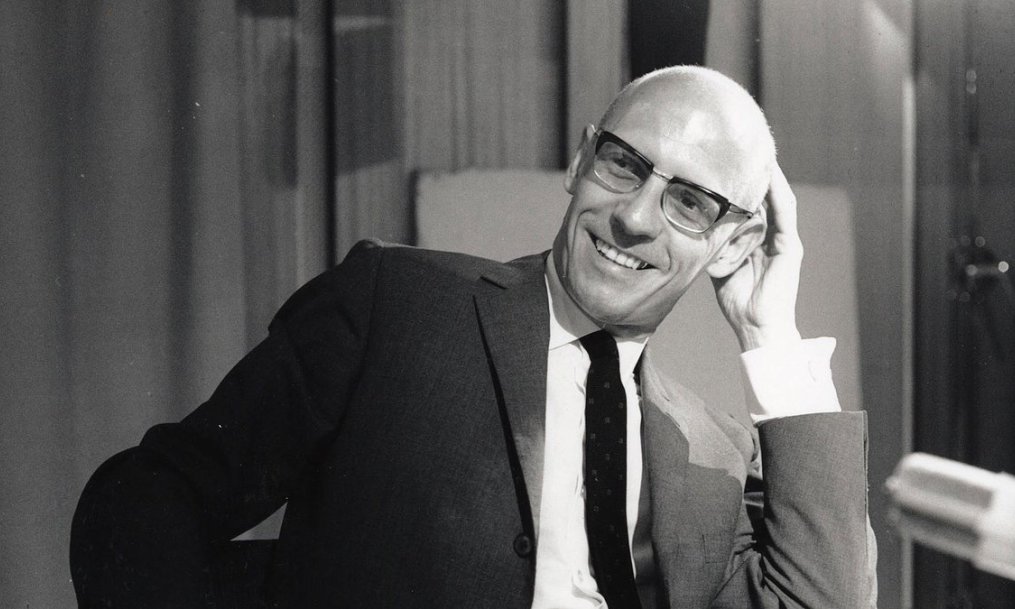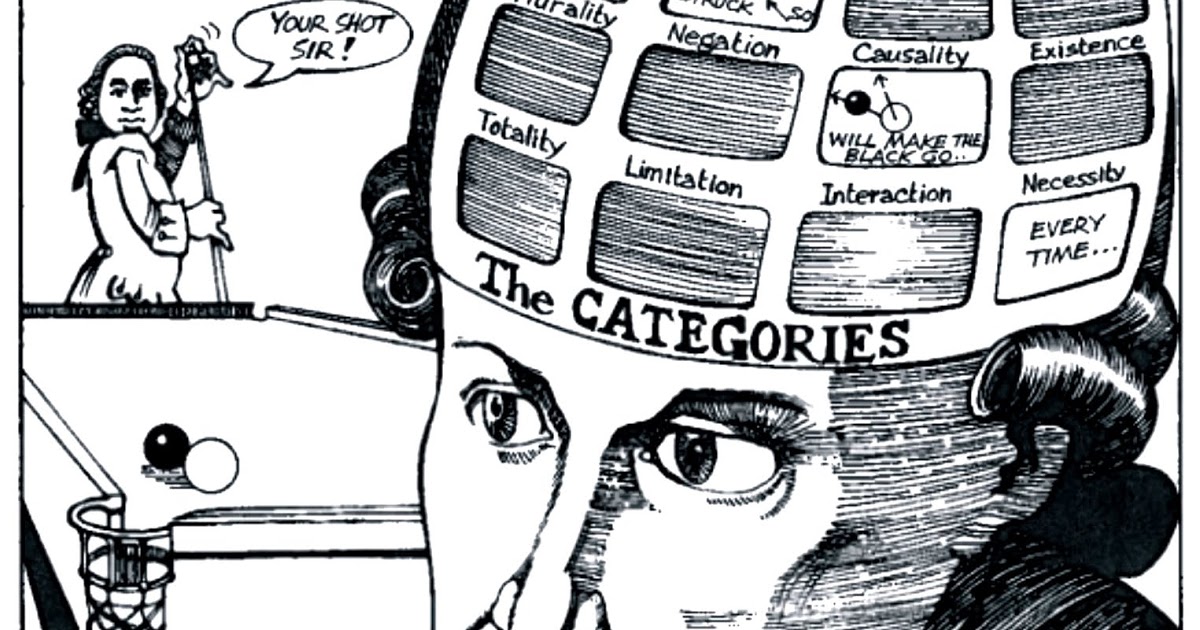
The way we perceive the world around us has an underlying structure. That structure comes from philosophy, written by PhD professors in the past or contemporary. People adapt their liberal ideas to counter the fallacy in the previous generations. The next generation adapts those idea unconsciously. Today, with the rise of democracy and technology, we have an implosion of different ideas. Too much so that we come to accept that my truth may not be your truth. The world today is relative and subjective. You see here I’m making a very bold statement from experience and observation from the world around me that I say is true. It’s probably not until we analyze the history of philosophy.
“There is a limit to our sensibility, we cannot construe objective reality because human being experience is subjective in itself and in relation to time and space.” This is an abstract critique taken from Immanuel Kant, a revolutionary philosopher to be said to have started the postmodernist movement. To get a different sense of things, let us look at academic critique from the supporters of the Enlightenment thinkers against postmodernism. “The Postmodernist view that we could structure our society is evolutionally wrong” or “Post-structuralism view that ideas are primary construct linguistic is incorrect, there’s no way to bridge the subject and the object.”
If we look at the evolution of these mindsets, we tell that the enlightenment thinkers starting from the 15th century rejects the earlier medieval scholasticism because of the lack of rational foundation and the reliance on dogmatic teaching. Then there a change in trajectories in the 19th century, the postmodernist synthesis the teaching of scholasticism and enlightenment from the realization that we cannot rely on rational causality due to our limited cognitive capacity. We begin to reject rational and empirical thinking for a belief in faith. It could be seen as a degression to the medieval ages.
One could make these claim from looking at history, but the problem is reducing our philosophical history to a few sentences. We reduce history into their appearance and the things-in-themselves fall out of our consciousness. When you think back on a subject you learn in school, what can you remember about it? Perhaps only the outlining and critical concept on the subject-matter. For philosophy, the same happens. Fascism is bad because of Hiliter. Marxism is bad because of the Soviet Union and China. But do you know the details of each doctrine? Doesn’t matter because we can attribute them to evil.
It’s naive for us to criticizes an appearance. For example, you could reject the post-structuralist approach using evolution and biology. Society is not a linguistic structure when we have millions of years of evolution that prove otherwise. This is an incomplete argument. Let’s expand these through the eyes of a post-structurist, Michel Focualt. Foucault concludes from his research on anthropology that in each era; Ancient to Medieval to Modernity to Post-Modernity, each era view of ontology and epistemology is independent from each other, and this is reflected in the language they use to communicate. Can the former argument negates the latter when the latter is expended in detail (although still abstract-in-itself)? Not really. The case can be refuted when we categorize it monolithically. Secondly, we use a different scientific domain to critique another domain — Biology vs Linguistic. The most accurate method to refute Focualt is too out-Focualt him, but this requires intense research that could take years. This is quite impossible, especially for philosophy due to its nature of being meta-science. One could only posit ideas from refuting apparance. Or we could take Hegel approach of thesis, antithesis and synthesis where history is a lineaer regression in its totality, but looking at the mass killings in the 20th century, it doesnt seem to be the case that we are improving.
Using each view of things, one could easily reach a conclusion where the truth is relative and subjective depending on the spatial-temporal variable. Your perception could be based on how I use positive or negative connotation. But this view is one of many. My method of critique is from Kant and Hegel, through a postmodernism lense. There are other ways of reasoning too. We can take Enlightenment philosophies such as Spinoza, Newton and Leibniz, where the universe can be explain using computation and mathematics. We will reach a different conclusion then.




